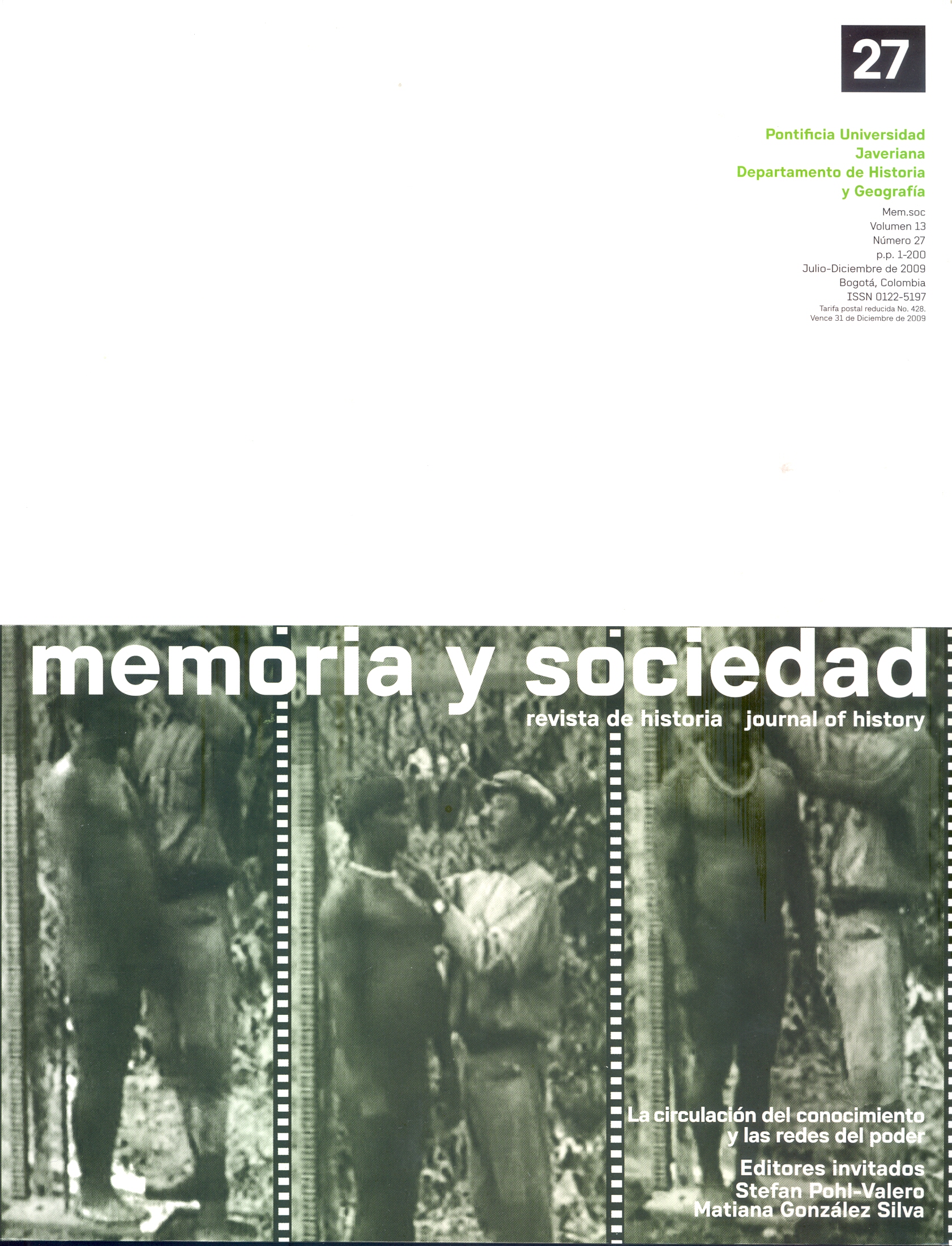Abstract
The noun “heredity”, in its biological sense, first circulated in France during the 1830s. During that century, heredity was linked to the pessimistic notion of degeneration, the control of which became a tool for the academic and political projects of French physicians to be included in those of the Nation. Something similar occurred in Mexico. After two generations of late 19th and early 20th centuries physicians, which incorporated the manipulation of heredity into their projects and questioned, just as their French colleagues, consanguineous marriages, medical supervision of every union –consanguineous or not– became compulsory within the civil marriage regulations, coinciding with the institutionalization of the Mexican eugenic movement. Even if they had moved from Europe to Mexico, notions of heredity, degeneration, consanguinity and eugenics were adjusted and justified according to the local situation and prevailing values of the Mexican society.The journal Memoria y Sociedad is registered under a Creative Commons Attribution 4.0 International Public License. Thus, this work may be reproduced, distributed, and publicly shared in digital format, as long as the names of the authors and Pontificia Universidad Javeriana are acknowledged. Others are allowed to quote, adapt, transform, auto-archive, republish, and create based on this material, for any purpose (even commercial ones), provided the authorship is duly acknowledged, a link to the original work is provided, and it is specified if changes have been made. Pontificia Universidad Javeriana does not hold the rights of published works and the authors are solely responsible for the contents of their works; they keep the moral, intellectual, privacy, and publicity rights.
Approving the intervention of the work (review, copy-editing, translation, layout) and the following outreach, are granted through an use license and not through an assignment of rights. This means the journal and Pontificia Universidad Javeriana cannot be held responsible for any ethical malpractice by the authors. As a consequence of the protection granted by the use license, the journal is not required to publish recantations or modify information already published, unless the errata stems from the editorial management process. Publishing contents in this journal does not generate royalties for contributors.

